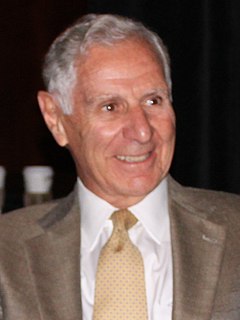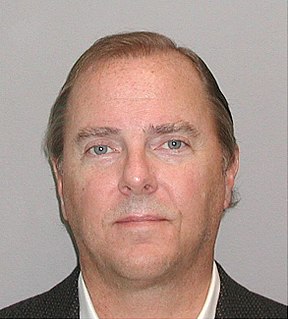A Quote by Alex Berenson
As the Nasdaq soared in 1999 and early 2000, demand for many offerings far exceeded the supply of shares available at the initial offering price.
Related Quotes
I do believe that oil production globally has peaked at 85 million barrels. And I've been very vocal about it. And what happens? The demand continues to rise. The only way you can possibly kill demand is with price. So the price of oil, gasoline, has to go up to kill the demand. Otherwise, keep the price down, the demand rises.
While no one wishes to incur losses, you couldn't prove it from an examination of the behavior of most investors and speculators. The speculative urge that lies within most of us is strong; the prospect of a free lunch can be compelling, especially when others have already seemingly partaken. It can be hard to concentrate on potential losses while others are greedily reaching for gains and your broker is on the phone offering shares in the latest "hot" initial public offering. Yet the avoidance of loss is the surest way to ensure a profitable outcome.
In short, what the living wage is really about is not living standards, or even economics, but morality. Its advocates are basically opposed to the idea that wages are a market price-determined by supply and demand, the same as the price of apples or coal. And it is for that reason, rather than the practical details, that the broader political movement of which the demand for a living wage is the leading edge is ultimately doomed to failure: For the amorality of the market economy is part of its essence, and cannot be legislated away.
In 1998, Nasdaq started a project called Next Nasdaq - or what Nasdaq was going to become - and they decided to handpick some of the up-and-comers. I was chosen as one of the people. It was a great opportunity for me and, I guess, a reflection of the fact that I was seen as someone who was developing her career pretty well.

































